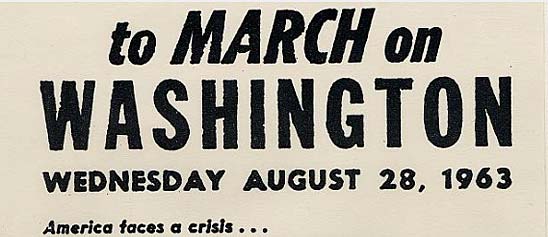
George Washington, Thomas Jefferson, and Abraham Lincoln are all represented in the Museum's collections—by a surveying compass, a lap desk, and a top hat, among other artifacts. But the roughly 100,000 objects in this collection reach beyond the possessions of statesmen to touch the broader political life of the nation—in election campaigns, the women's suffrage movement, labor activity, civil rights, and many other areas. Campaign objects make up much of the collection, including posters, novelties, ballots, voting machines, and many others. A second group includes general political history artifacts, such as first ladies' clothing and accessories, diplomatic materials, ceremonial objects, national symbols, and paintings and sculptures of political figures. The third main area focuses on artifacts related to political reform movements, from labor unions to antiwar groups.
Our collection database is a work in progress. We may update this record based on further research and review. Learn more about our approach to sharing our collection online.
If you would like to know how you can use content on this page, see the Smithsonian's Terms of Use. If you need to request an image for publication or other use, please visit Rights and Reproductions.